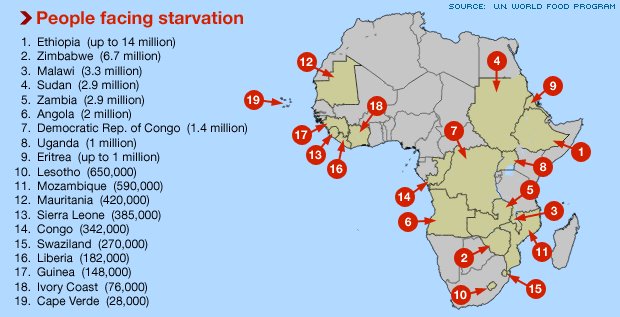Biofuel Pros Biofuels are better for the environment than fossil fuels. Burning biofuels produce fewer greenhouse gases when compared to natural fuels, like petroleum and coal. Biofuels are also renewable because they come from plants and animals. This means that animals and plants can be raised again and again. In other words the supply is theoretically infinite. Biofuels reduce dependence of fossil fuels, which are quickly depleting. National economies can benefit from growing their own biofuels. Instead of paying world oil companys and producers, money goes to their own farmers and producers, which in return stimulates their own economy. |
Biofuel Cons It requires energy to make biofuels. Even though the biofuels themselves don’t emit tremendous amounts of greenhouse gases, the process used by a biofuel company to create the fuel does. To raise biofuel crops and to raise animals for biofuels require land. Countries are losing national forests and rain forests for biofuel development. Farmers and crop growers are choosing to grow crops, like corn, for ethanol instead of food, creating a food price increase. This can be deadly in second and third world countries and can place a economic burden on developing governments. Bio-crops need certain climates to grow, so countries that do have the right climate are "forced" by other countries to grow that specific bio-crop. Biofuels, such as biodiesel, do not work effieciently in extremely cold temperatures. Many biofuels have a lower fuel economy than fossil fuels, meaning it takes more of it to perform at the same level. Also biofuels do not put out as much horsepower as petroleum.  |